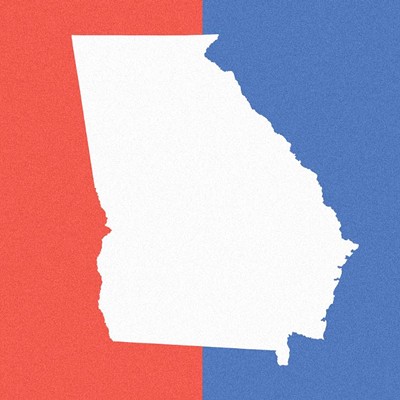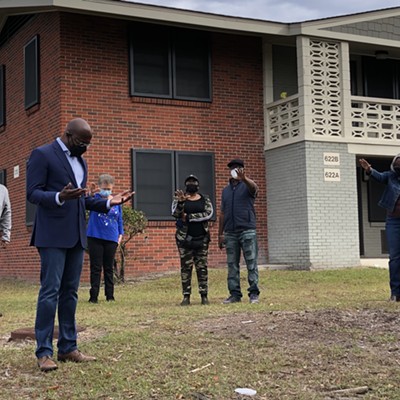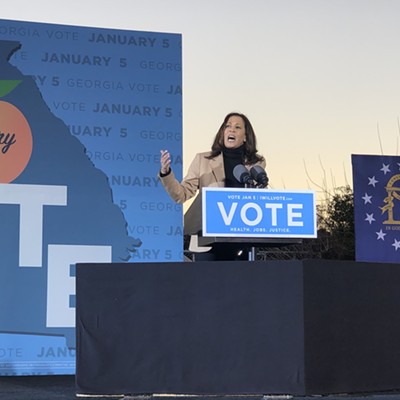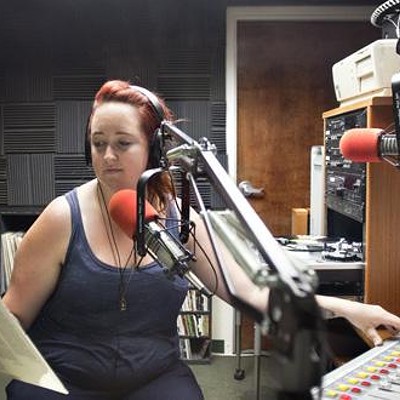This year awards through the state’s lottery funded HOPE program will help more than 580,000 students with tuition, books and fees. Over nearly two decades, the program has been a valuable tool to make higher education more accessible and to retain talented students at in–state colleges and universities.
But it may have become too successful for its own good, and for the first time in its history, HOPE expenditures – driven by the cost of increasing tuitions and the growing number of HOPE recipients – outpaced the amount of money being deposited by the lottery, raising questions about the financial sustainability of the program.
“We’re seeing costs go up at double digit rates, so the ability on the revenue side to generate enough revenue to offset costs is not there,” explains Tim Connell, President of the Georgia Student Finance Commission (GSFC), the agency responsible for administering the HOPE program.
About 26 cents of every dollar spent on lottery tickets goes into the account that funds the HOPE and state Pre–Kindergarten program, a total of $884 million for the current fiscal year.
“We’re the only lottery in the country that has had increased profits every year for 12 consecutive years,” says Margaret DeFrancisco, the President of the Georgia Lottery Corporation. “What’s happening, is the demand for those HOPE and Pre–K dollars is far outstripping the supply that we can provide through the sale of lottery tickets.”
While lottery revenue is still growing year over year, the amount of growth has slowed considerably in the last two years, a consequence of both market saturation and the down economy. Meanwhile, tuition and enrollment continue to climb unabated.
Over the past decade, the number of students receiving hope has increased by more than 80 percent while tuition at schools like the University of Georgia and Georgia Southern has increased more than 150 percent.
During more plentiful years, the education fund managed to accrue a substantial reserve, however, at its current rate even that won’t last long.
“We have built up almost a billion dollars in reserve monies, but with amazing swiftness those reserve monies will be spent down over the next couple of years,” says Connell, “We need to address this, and the sooner the better.”
Projections show reserves could be 60 percent depleted as early as 2013, which is why a joint hearing of the state House and Senate Higher Education Committees was called last month, on August 2 at the capitol building.
“The economy has changed the dynamics of the lottery and the HOPE scholarship,” says 107th District Representative Len Walker, Chairman of the House Higher Education Committee. “Those are things we’re going to have to be dealing with in 2011.”
Now, the question won’t be will the program need to change, but how.
“None of those policy decisions have been made as of yet, we’re getting a lot of different ideas, hearing from a lot of different people,” Walker says.
Among the possibilities are bringing back income caps for recipient eligibility, ensuring that students who might have the hardest time paying for school otherwise are first in line for the awards.
Although there will undoubtedly be more deliberation, and legislation, before any solutions are finalized, Connell believes that the awards may no longer be able to guarantee covering all of a recipients tuition.
“The only thing I feel comfortable saying for certain is that I think we need to de–couple the HOPE benefit from tuition,” he explains. “The benefit can no longer rise with tuition.”
Regardless of what solutions might be determined by the legislature, GSFC or any other stakeholder, students receiving HOPE money feel effects as early as next year.
Money for book allowances and mandatory student fees are awarded in full only when the unrestricted reserve fund is above the highest year end balance.
“We are 99.999 percent certain that we’ll see the unrestricted reserve balance decrease because we spent more the last fiscal year than we took in,” Connell says.
The triggered cuts have to be staggered, so what will likely occur is that students will see their book allowance cut in half next year. The following year would see the book allowance eliminated altogether, and then the elimination of money for mandatory fee payments the year after that, if nothing is changed with the HOPE program.
According to Walker, although nothing has been formally scheduled yet, he expects the joint Higher Education Committee to reconvene sometime between the general election and Thanksgiving to further discuss potential solutions.

































